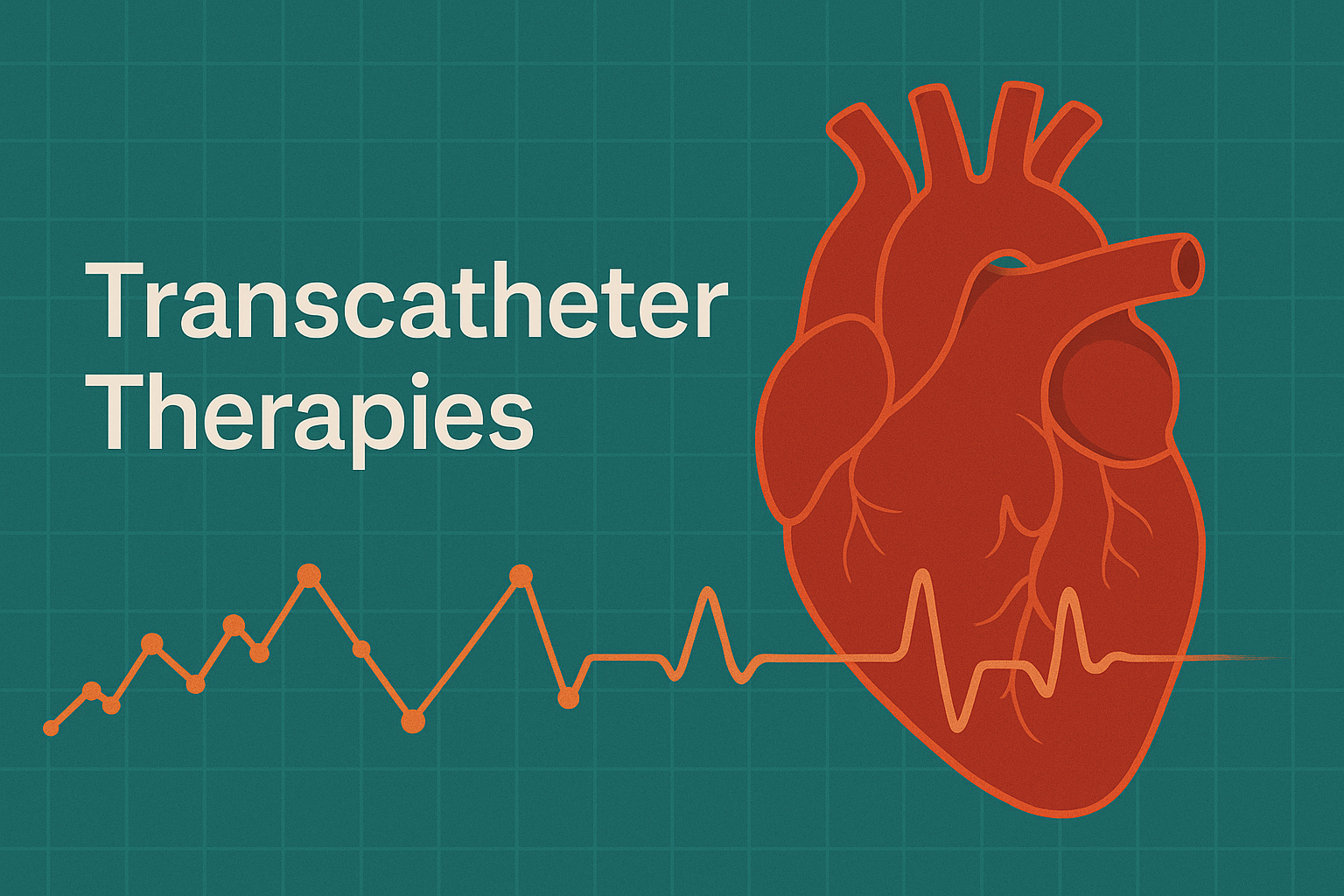
The article explores the current understanding, challenges, and recommendations for the use of transcatheter therapies in treating mitral regurgitation (MR) and tricuspid regurgitation (TR) in patients with heart failure (HF).
MR and TR are the most prevalent valvular heart diseases in heart failure patients, especially among those with reduced ejection fraction or advanced HF. Their independent prognostic importance is well established. In recent years, transcatheter interventions have emerged as potential treatment options. However, clinical acceptance remains inconsistent due to limitations and inconsistencies in existing evidence.
Randomized controlled trials (RCTs) evaluating these interventions often face challenges such as small sample sizes, variations in patient selection, heterogeneity in disease mechanisms, procedural dependency, operator expertise, and unblinded protocols, all of which affect outcomes and interpretations. The dynamic and secondary nature of MR/TR also adds complexity to measuring treatment efficacy, especially when outcomes are influenced by HF medications and device therapies.
The article emphasizes the importance of collaboration among HF specialists, imaging experts, interventional cardiologists, and cardiac surgeons for better patient selection, procedural planning, and outcome interpretation. It calls for more robust trial designs that include standardized endpoints, better patient stratification, and consideration of patient-reported outcomes. Also recommended is the creation of multicenter registries and the use of real-world evidence to supplement RCTs.
The authors propose a roadmap to address current evidence gaps, including improved clinical trial methodologies, enhanced training for operators, and better integration of multidisciplinary teams. This approach aims to maximize the benefits of transcatheter interventions and provide clearer guidance for managing MR and TR in HF patients.
In conclusion, while transcatheter therapies hold promise for treating atrioventricular valvular disease in heart failure, the article underscores the need for more definitive, collaborative, and methodologically sound research to support broader clinical adoption.
Source: https://www.ahajournals.org/doi/10.1161/CIRCULATIONAHA.124.070411

